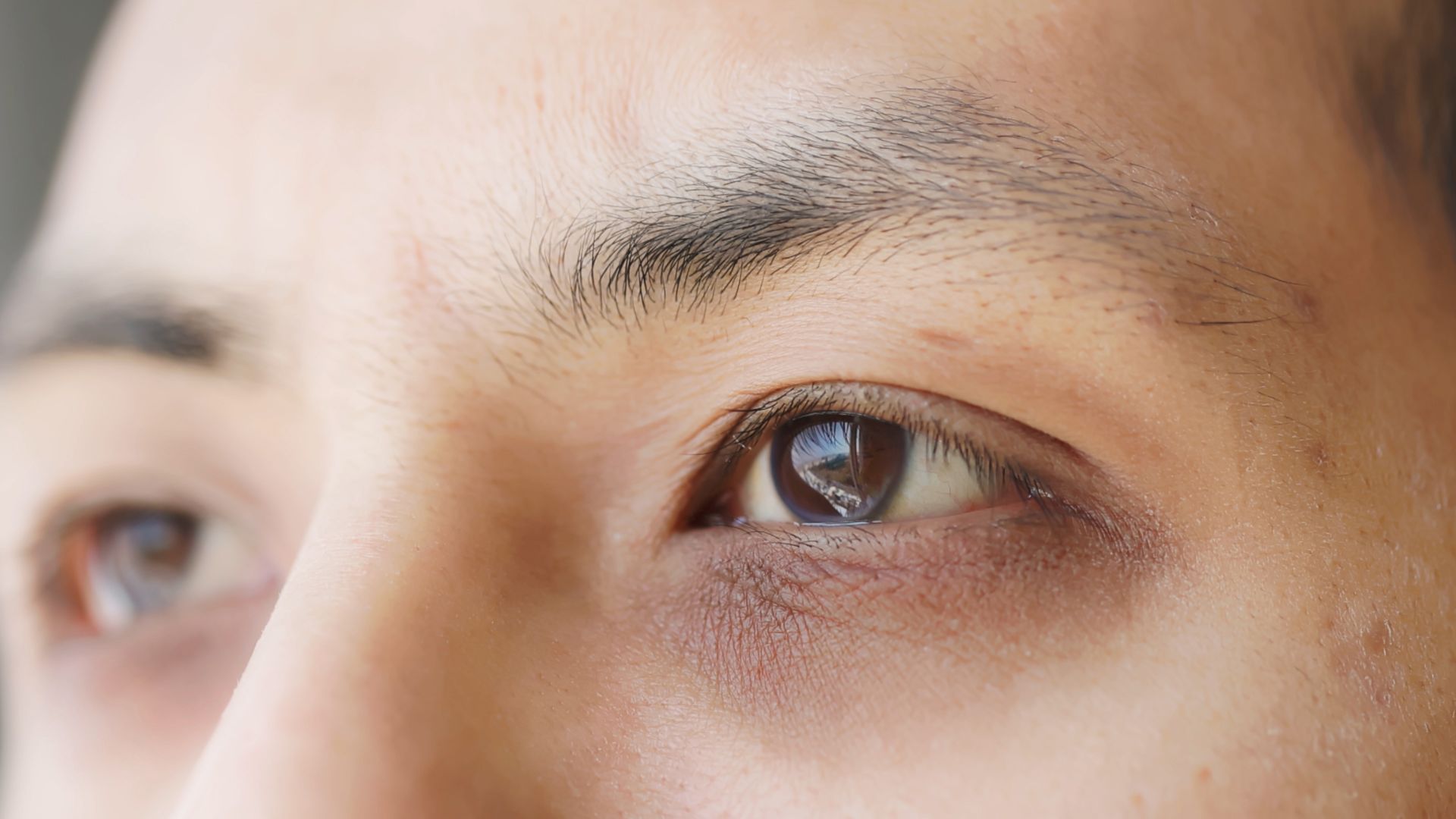As a doctor, one of the most common cosmetic concerns patients bring up is under-eye dark circles. Whether it’s from fatigue, genetics, or lifestyle habits, these pesky shadows can make you look more tired or older than you actually feel. The good news is that understanding the causes of dark circles can help you find the best approach to managing or reducing them.
Let’s take a closer look at what causes under-eye dark circles and what they may be telling you about your health and habits.
1. Lack of Sleep and Fatigue
Not getting enough sleep is one of the most well-known reasons behind dark circles. When you’re sleep-deprived, blood vessels under your thin under-eye skin become more visible, and fluid may accumulate, causing puffiness. ✔️ Sleep deprivation makes skin look pale, allowing blood vessels to show through. ✔️ Puffy eyelids from fatigue can cast shadows, adding to the appearance of dark circles.
2. Genetics and Skin Tone
Your genetic makeup plays a big role in whether or not you develop dark circles. If your family members have them, there’s a higher chance you might too. ✔️ People with darker skin tones are more prone to hyperpigmentation under the eyes. ✔️ Thin skin in the eye area can make blood vessels more noticeable.
3. Aging and Thinning Skin
As we age, we naturally lose fat and collagen, especially around the eyes. This can make the skin thinner and more transparent. ✔️ Loss of volume under the eyes can lead to a sunken appearance. ✔️ Reduced skin elasticity makes blood vessels more prominent.
4. Allergies and Nasal Congestion
Chronic allergies and sinus issues can contribute to periorbital hyperpigmentation (darkening around the eyes). ✔️ Rubbing your eyes due to itching can worsen pigmentation. ✔️ Blocked nasal passages dilate blood vessels under the eyes, making them more visible.
5. Dehydration
When your body lacks proper hydration, your skin looks dull and eyes can appear sunken. ✔️ Dehydrated skin tends to sag and appear darker. ✔️ Lack of water retention around the eyes deepens shadows.
6. Excessive Sun Exposure
Sun damage can increase melanin production, leading to pigmentation. ✔️ The skin around the eyes is extra sensitive to UV rays. ✔️ Overexposure without sunscreen can worsen dark circles.
7. Nutritional Deficiencies
Your diet impacts your skin health more than you might realize. ✔️ Deficiencies in iron, vitamin K, and vitamin B12 can contribute to poor circulation and discoloration. ✔️ A poor diet also affects collagen production and skin repair.
8. Lifestyle Habits
Smoking, excessive alcohol intake, and high levels of stress all negatively affect skin health. ✔️ Smoking reduces oxygen supply to the skin. ✔️ Alcohol causes dehydration and skin thinning. ✔️ Chronic stress increases cortisol levels, worsening skin inflammation.
Final Thoughts
While under-eye dark circles are usually harmless, they can be frustrating to deal with. Identifying the underlying cause—whether it’s lack of sleep, genetics, allergies, or nutritional deficiencies—is key to finding the right treatment or lifestyle changes. From using sunscreen and staying hydrated to improving your sleep and diet, small adjustments can make a noticeable difference.
Do you struggle with dark circles? Feel free to share your experience or ask any questions below!



